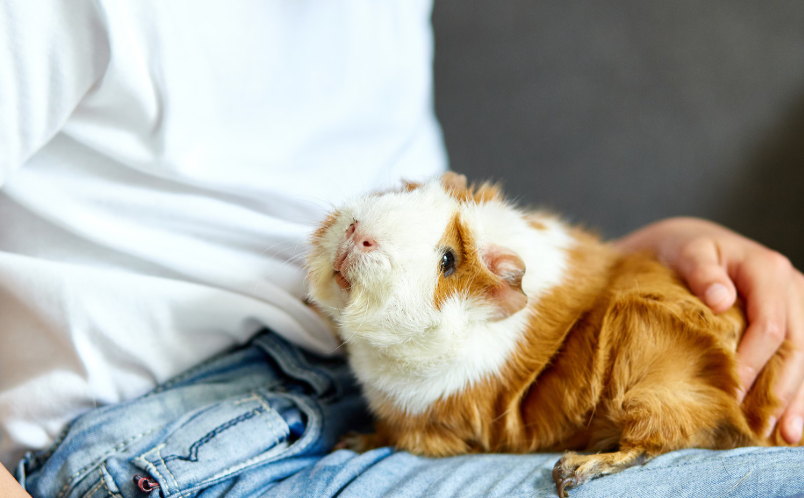A cat's journey from kittenhood to senior years requires different approaches to nutrition, play, and care at each life stage. Understanding these needs helps ensure your feline companion stays healthy and content throughout their life.
 Nutritional Needs
Nutritional Needs
Kittens require specially formulated food with higher levels of protein and essential nutrients like DHA to support proper vision and brain development[1]. Their small stomachs necessitate multiple meals throughout the day, with high-quality, easily digestible protein being crucial for muscle and tissue growth. Calcium and phosphorus are particularly important during this stage for proper bone development[2].
Play and ExerciseKittens are naturally energetic and require frequent play sessions to develop proper physical and social skills. Interactive toys like wand toys and laser pointers can help channel their abundant energy while building the bond between kitten and owner[3]. Creating obstacle courses and providing climbing opportunities helps develop their coordination and confidence.
Healthcare EssentialsDuring this critical stage, kittens need:
Adult cats need a well-balanced diet rich in animal-based proteins[2]. Monitor calorie intake carefully to prevent obesity, and consider transitioning to adult formula food around the one-year mark[6]. Provide fresh water in multiple locations to ensure proper hydration.
Exercise and EnrichmentAdult cats benefit from various forms of play:
Establish regular play routines of 20-30 minutes daily to maintain physical and mental health[4].
Mature cats require careful attention to their diet as their metabolism changes. Focus on high-quality protein sources while monitoring portion sizes to prevent weight gain[6]. Some cats may benefit from specialized "mature adult" formulations.
Modified Play ApproachWhile still active, mature cats may show slight decreases in energy levels. Maintain regular play sessions but adjust intensity as needed[10]. Consider incorporating:
Senior cats have specific nutritional needs that may include:
Modify play sessions to accommodate aging bodies:
Geriatric cats require special attention to their nutritional intake:
Focus on gentle interaction and comfort:
Schedule regular check-ups:
Create a stimulating environment with:
Establish regular grooming routines:
Cats need regular social contact:
Keep their minds active through:
Maintain healthy weight through:
Focus on preventive care:
Choose appropriate food based on:
Establish consistent feeding patterns:
Create a cat-friendly environment with:
Maintain comfortable living conditions:
By understanding and adapting to your cat's changing needs throughout their life stages, you can provide the best possible care for your feline companion. Regular veterinary check-ups, appropriate nutrition, and adjusted activity levels will help ensure a happy, healthy life for your cat at every age.